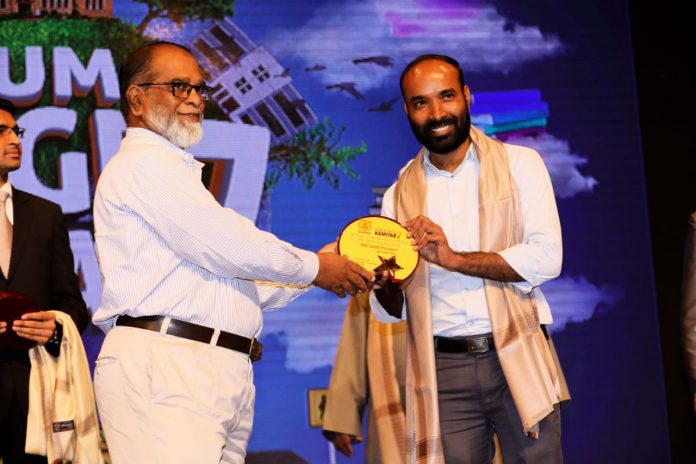By Nazish Hussain, TwoCircles.net
JHARKHAND: Thirty-four-year old Mohammed Sajid Hussain, was working at the prestigious National Aerospace Laboratory (NAL) in Bangalore but something was amiss for the young man.
“I felt a void and wanted to give back to my community,” he told TwoCircles.net.
Sajid, who hails from Ramgarh district in Jharkhand, studied metallurgical engineering and later went to Europe to get a PhD. On returning to India in 2012, he got a job at NAL. He left his Phd in between and came back. On returning to India in 2012, he got a job at NAL.
After working at NAL for three years, Sajid quit his job in 2016 and resolved to work for improving education in his home district in Jharkhand.
Recalling his days as a school going kid in the village, he said, “When I was a student at the government school, there were 110 students in my class. Among those, only 2 to 3 students were able to do something good with their career. Rest of them are in low skilled jobs.”
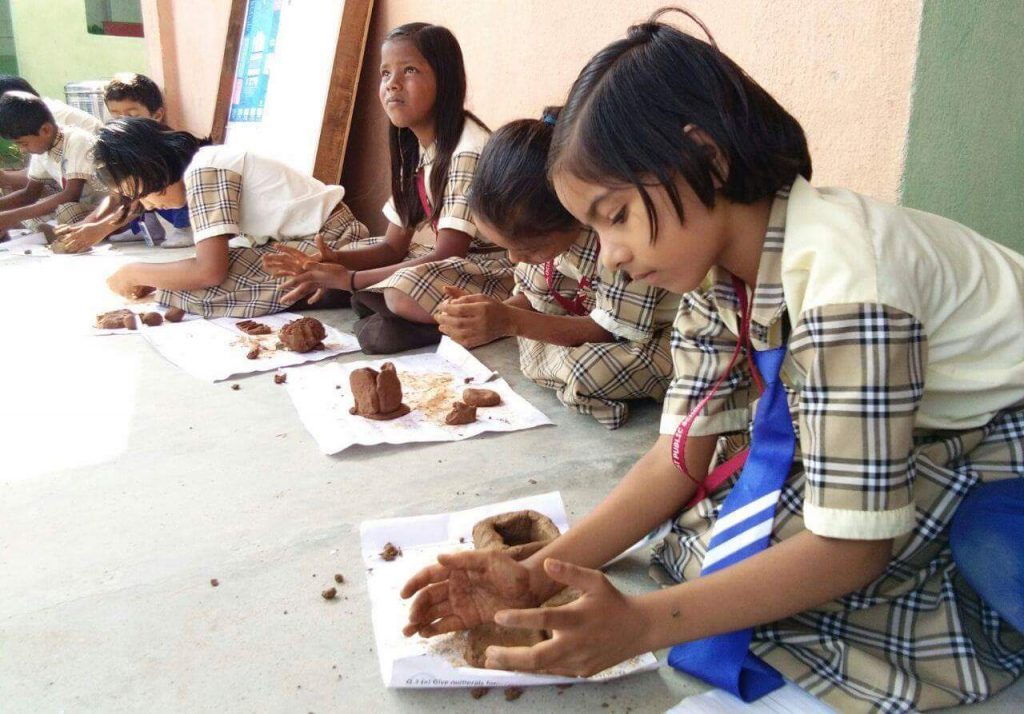
Sajid has lived through the experience of the school system in rural areas, which has now motivated him to take up social entrepreneurship leaving behind his lucrative job as a researcher in the National Aerospace Laboratory.
Sajid was excelling in his career. He bagged Marie Curie fellowship for his PhD in Germany. “I was going good. I had all the facilities. I was doing my PhD in Germany and meanwhile, I was also roaming around Europe. It was all fun but then I constantly felt a void. I had this feeling that something is lacking. One day while sitting on the stairs of one of the libraries in France, I made up my mind that I want to do something for the place where I came from.”
It was during his work at NAL when thoughts of giving something back to the community would run through his head.
Leaving behind his job, Sajid finally returned to Jharkhand to work on his dream.
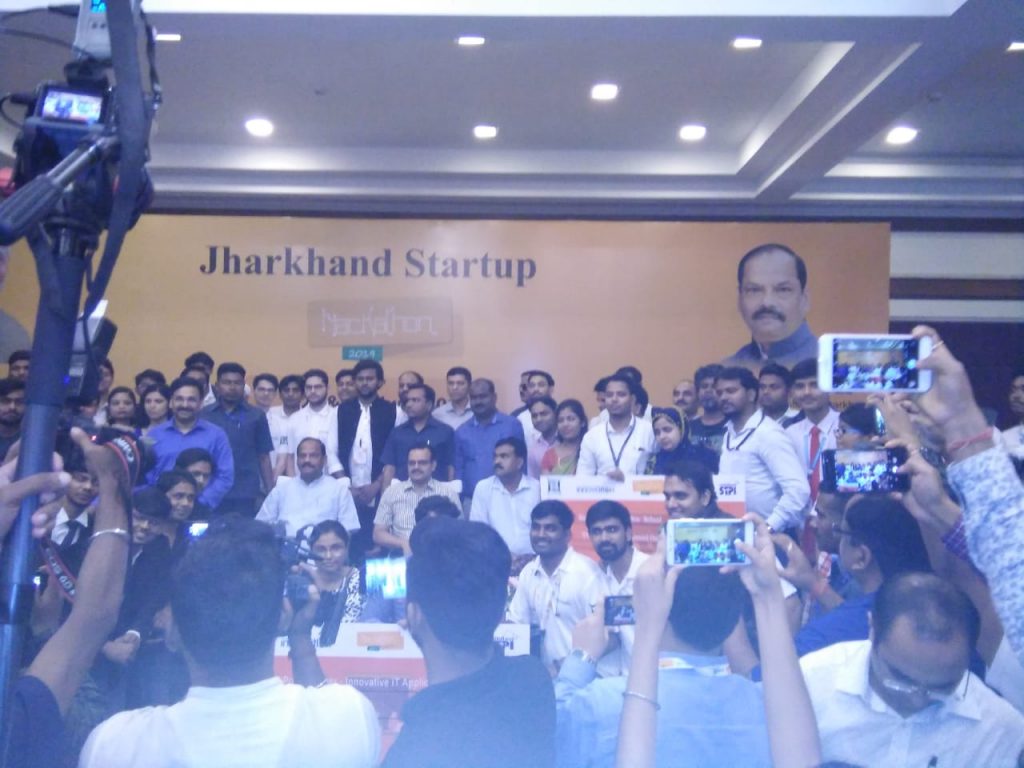
“I had started working on establishing a school in Chitarpur, Ramgarh while still working at NAL but finally it was after I quit my job in 2016 that I gave my full attention to the school,” Sajid told TwoCircles.net.
Sajid said that he did not really want to establish a school. “The idea was to open a research centre which would act as a school for all the schools in Jharkhand. Like a resource centre, from where we can give resources to the schools around Jharkhand,” he said.
Sajid said that schools should be like a gymnasium. He developed a concept of school plus gymnasium to impart practical based learning to students. Sajid wants to make his school a laboratory.
“I believe we learn more and get in-depth understanding by practically engaging with the subject, and that’s what makes us a good engineer or scientist,” he says.
Explaining the idea of a laboratory and school Sajid said, “The pattern of education is changing. In today’s time ‘fixed information’ has been taken over by Artificial Intelligence. How we are teaching children, the old pedagogy should be revamped. In the next 10 years, the nature of the job will be very different from now. So I want to play a role in this shift. If you come to my school you will find many bottles, trash materials. My whole campus is like a laboratory.”
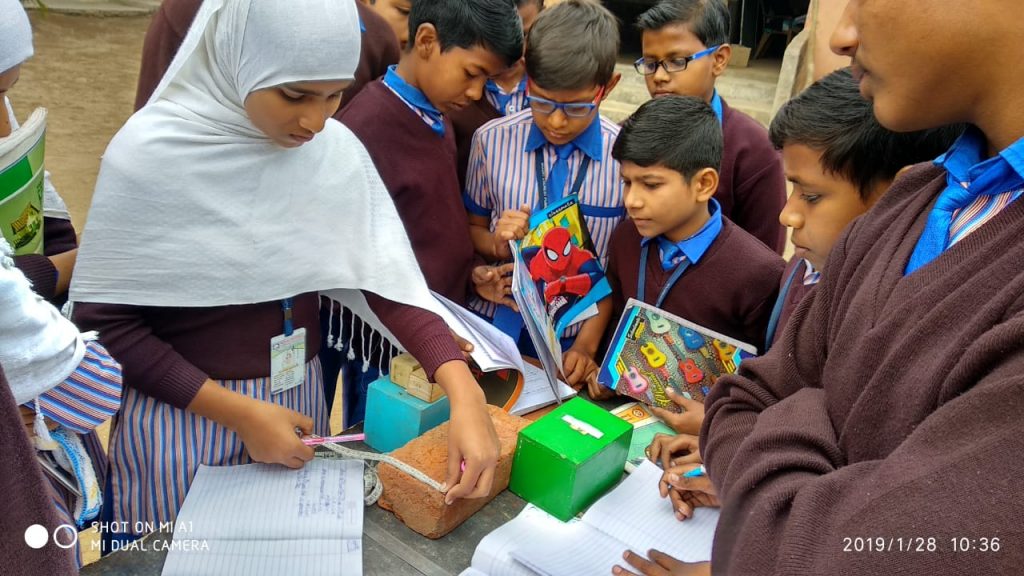
Sajid said that he wants to play a role in the reformation of the rural education system. “I don’t want to claim that I am here to reform the system which is too early to say anything now. I am just playing a role and if change happens in that process that would be a good thing,” he adds.
It has now been six years since Sajid started the school Chitarpur.
On being asked what change it has brought so far, he says, “We have done a lot of work in Ramgarh district, for which people can be the judge and they can say how much change it has brought. I don’t want to claim anything now. We are just giving our best.”
Explaining his work, Sajid talks about his new project of developing a school innovation lab which he calls as “SCHOOLASIUM innovation lab”.
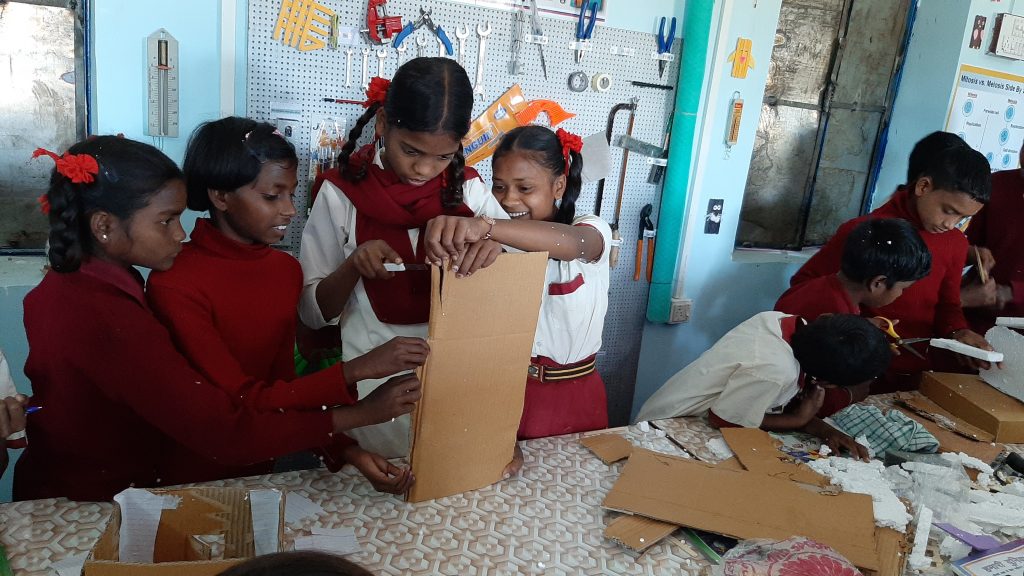
“Under SCHOOLASIUM we have a laboratory school called Mount Everest Public,” he said.
He is also working in the District innovation lab in Gumla district of Jharkhand. During the COVID-19 lockdown, they also started open online free school.
Sajid said he is also working on a project called ‘to become a scientist’. Sharing details of the project, he says, “The idea is to raise critical thinking in children, inculcating design thinking and research temperament in children.”
Sajid said that Kothari commission, which was there in 1964, has not been implemented yet. “Now, I want to initiate the concept of neighbourhood schooling. Even the Kothari commission recommended this. It is democratic participation in the schooling system,” and added that there are many such concepts to be implemented “but I am not able to take it forward due to lack of funding.”
For a successful project to be run in rural areas, funding is an important element and Sajid said that “lack of finance is a big obstacle in front of him.”
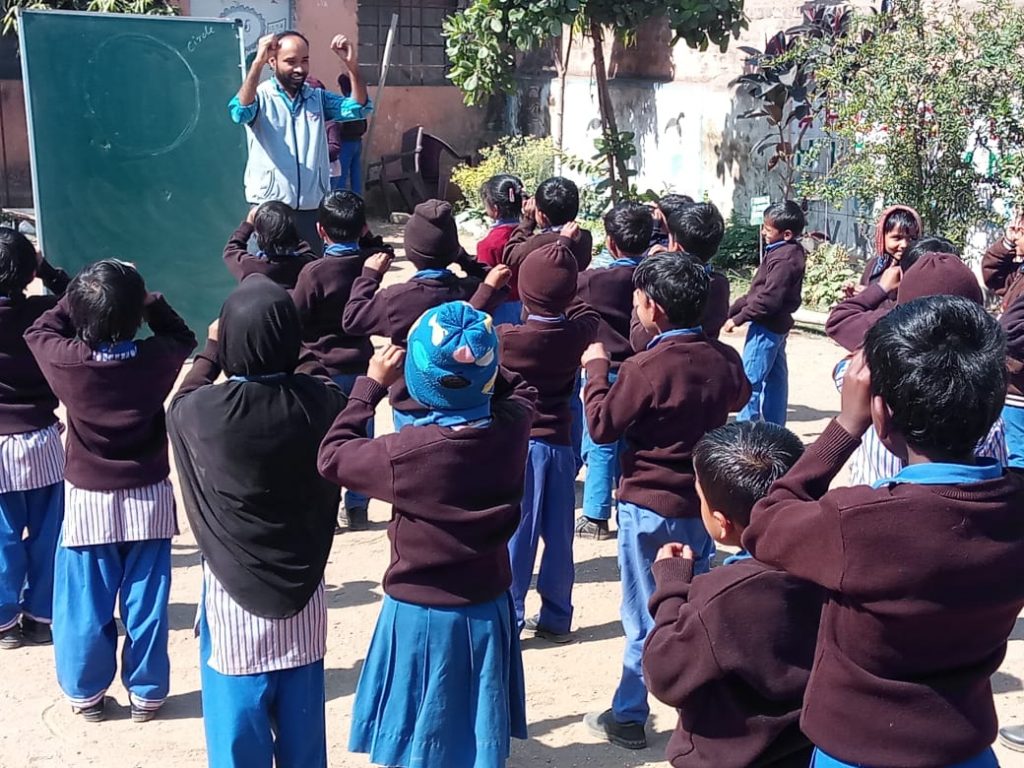
“I have been working on this idea since 2014. To work on education in any rural area you need finance and education. These two things are very important. I tried crowdfunding through milaap but it was not successful,” he said.
Sajid said that social entrepreneurship is a dry area. “Teachers don’t want to change. They want to remain fixed in their own style. The journey that I have started is very tough. I have a lot of challenges. However, when I look at the fruits of my hardship, it gives me satisfaction. I have this intuition that where I am and what I am doing is good.”

